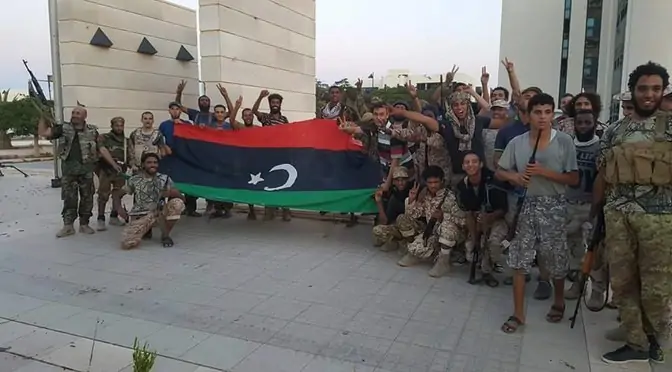Featured image: Operation Triton by Tomh903 [CC BY 2.0], via WikimediaAs we discussed in the previous article, intervention and spillover are already occurring—thus we determined the likelihood of three partition scenarios occurring in the midst of intervention and spillover was highly unlikely. In this article, we shall discuss the organization, indicators, and likelihood of the various spillover scenarios occurring both in the event of partition and without partition. When discussing the potential directions of spillover, north refers to Europe; east refers to Egypt; south refers to Niger and Chad; and west refers to Algeria and Tunisia.Note: In the following article, we shall use the acronym COR for the Council of Representatives (nationalists), GNC for the General National Congress (Islamists), and GNA for …
Continue reading “Evaluating Likelihoods for Libya – Scenario 2 Increased Spillover and Partition”






